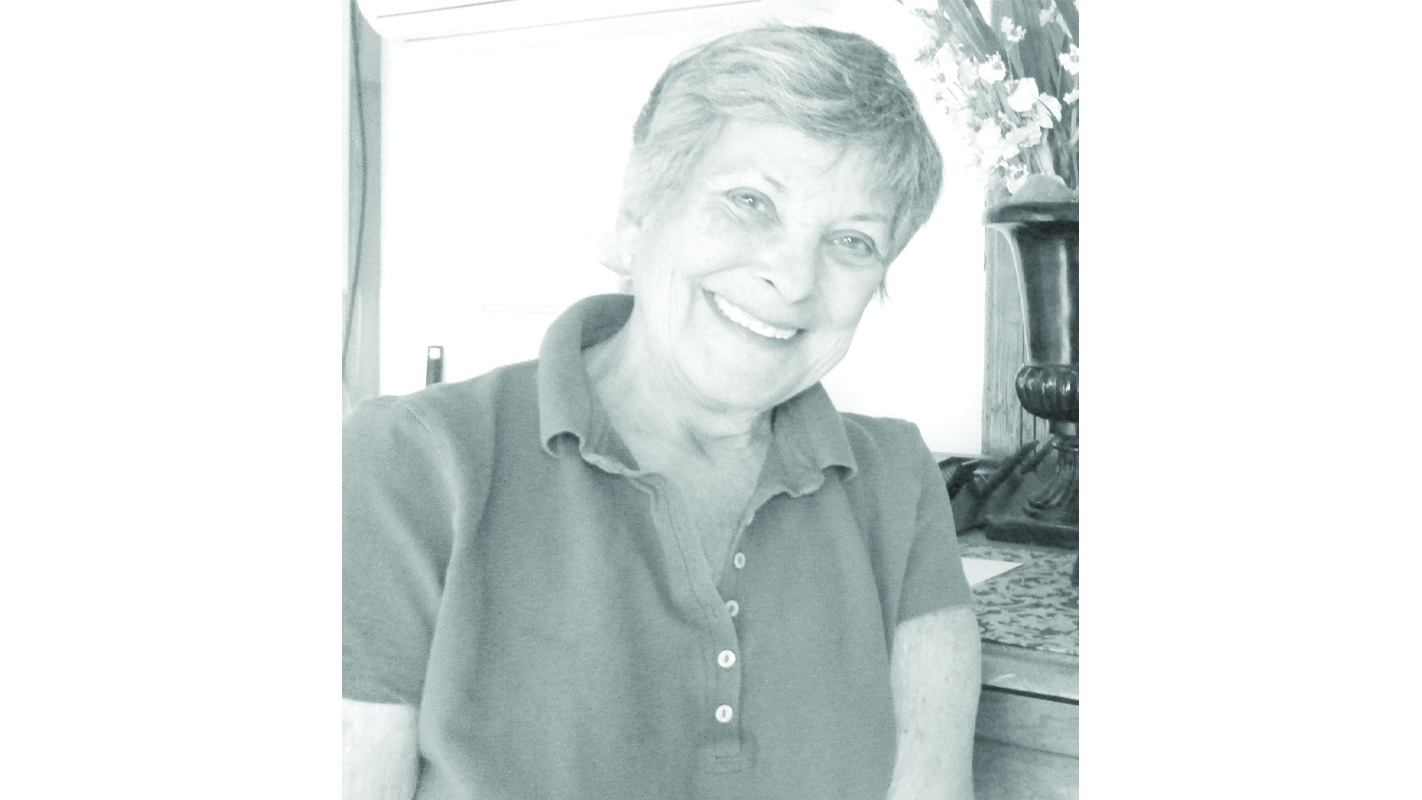By this time next year COVID-19 may be a thing of the past. That would be a blessing. Unhappily, we will still be dealing with collateral damage.
For example, a global Financial Times survey shows that resentment is brewing among the under-30s as unemployment and restrictions bite. There is a greater percentage of 18-29-year-olds living with their parents today – Hotel of Mom and Dad they call it — than there have been since the Great Depression of the 1930s, according to the Pew Research Centre. Those aged 25 and under are more than twice as likely to be without a job because of the pandemic than the 26-64 age group, according to the Organization for Economic Cooperation and Development. Studies have also shown that graduating during a recession can have a scarring effect on wages. According to the National Bureau of Economic Research, “Graduating in a recession leads to large initial earnings losses. These losses, which amount to about 9 per cent of annual earnings in the initial stage, eventually recede, but slowly — halving within five years but not disappearing until about ten years after graduation.” The resentment is toward everyone “in charge” – as in “who’s looking out for us?” Says one millennial, ““If you won’t watch out that we don’t end up jobless and poorer, why should we protect you?” That should hit home to the youngest of the Baby Boomers and all of the Gen Xs, who together represent more than 13 million Canadians.
Here’s another. Property and casualty insurance companies are the ones who pay claims when you have a car accident or your water heater tank springs a leak and floods the basement. Last year in Canada, the industry wrote $36.6 billion in premiums for insurance on consumers’ homes and cars, and $8.1 billion in premiums for business losses, including business interruption. It also paid out $41.5 billion in claims and had $123 billion in invested assets. It’s a profitable business – last year it made 7.1 per cent return on equity. And it employed 132,600 people across Canada. Without question an important part of the economy.
The advent of COVID-19 has prompted business owners across the country to pour over their insurance policies and ask, ”Will my insurance policy cover forced business closure as a result of the coronavirus pandemic?” According to the Insurance Bureau of Canada (IBC), the answer is no. “Most [business insurance] policies require that the insured premises sustained physical damage (for example, from fire, heat, flooding or firefighting efforts) that was covered under their property policy, which caused an interruption that resulted in a loss of business income.”
This is not the answer most business owners want. Many have found lawyers to file national class action lawsuits. According to Tony Merchant, the principal lawyer of Merchant Law Group, their lawsuit names the 10 largest insurance providers in Canada – Aviva Canada, Co-Operators Insurance, Desjardins, Economical Insurance, Intact, Royal & Sun Alliance and so on. “We believe we’re going to be successful. We do not think that the insurance companies can claim [that] this was unforeseen. Pandemics are not unforeseen,” the lawyer said, who pointed to previous health crises such as SARS, MERS, and the avian flu.
Why does this matter? Because if the class action suits are successful, many of Canada’s insurers will be out of business. And the rest will be raising premiums like it’s going out of style. There are no estimates in Canada of the toll successful pandemic claims would take. But in the United States, where class action suits are also proceeding, one industry estimate puts the monthly cost of pandemic loss payouts to just small businesses with fewer than 100 employees at over $100 billion. Even if we divide by 10 for Canada, that’s $10 billion a month or $$120 billion a year – 3 times what the insurers paid out altogether last year, and almost exactly what they have in invested assets. Does that pit all of us with property and casualty insurance against all the businesses that will cease to exist if their business interruption insurance claim doesn’t pay out?
Dian Cohen is an economist and a founding organizer of the Massawippi Valley Health Centre.
Cohendian560@gmail.com






